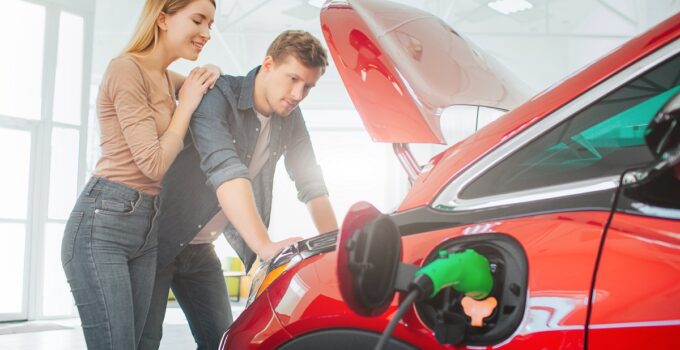Hybrid cars have long been marketed as the eco-friendly choice for conscientious drivers. However, beneath the veneer of green marketing lies a series of hidden costs and environmental impacts that manufacturers are not eager to highlight. Let’s cut through the hype and reveal the unexpected headaches that come with hybrid vehicles.
1. Production Pollution

Image Credit: Shutterstock / ignature Message
The production of hybrid cars involves more complex processes and materials than conventional vehicles. The manufacturing of lithium-ion batteries, in particular, is highly energy-intensive and contributes significantly to carbon emissions. Mining for lithium, cobalt, and nickel—essential components of these batteries—results in environmental degradation and pollution.
2. Battery Disposal Issues

Image Credit: Shutterstock / Quality Stock Arts
While hybrid cars may reduce fuel consumption, the disposal of their batteries presents a significant environmental challenge. These batteries contain toxic chemicals that can leak into the soil and water, causing long-term ecological damage. Recycling processes are still not efficient enough to mitigate this issue completely.
3. Questionable Lifetime Emissions
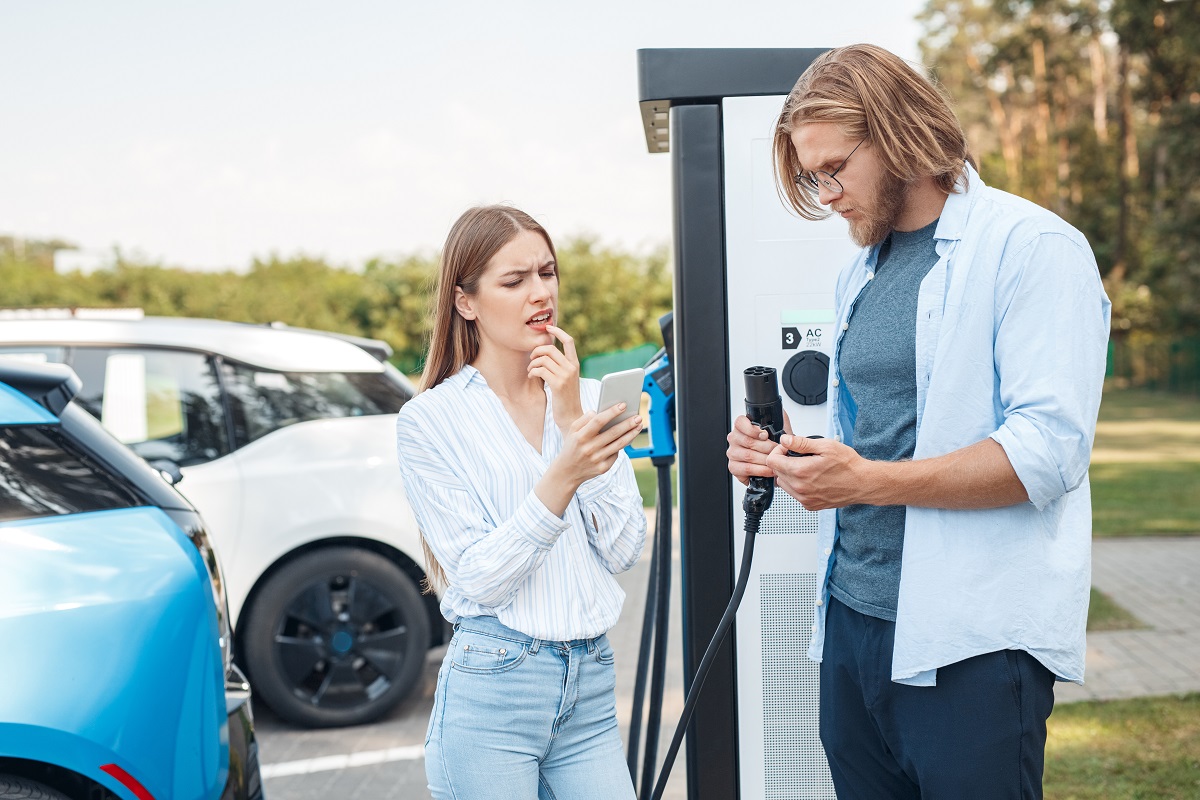
Image Credit: Shutterstock / Viktoriia Hnatiuk
Studies have shown that when accounting for the entire lifecycle of a hybrid car—from production to disposal—the total emissions can rival or even exceed those of conventional gasoline vehicles. This negates much of the environmental benefits touted by hybrid advocates.
4. Energy Source Concerns
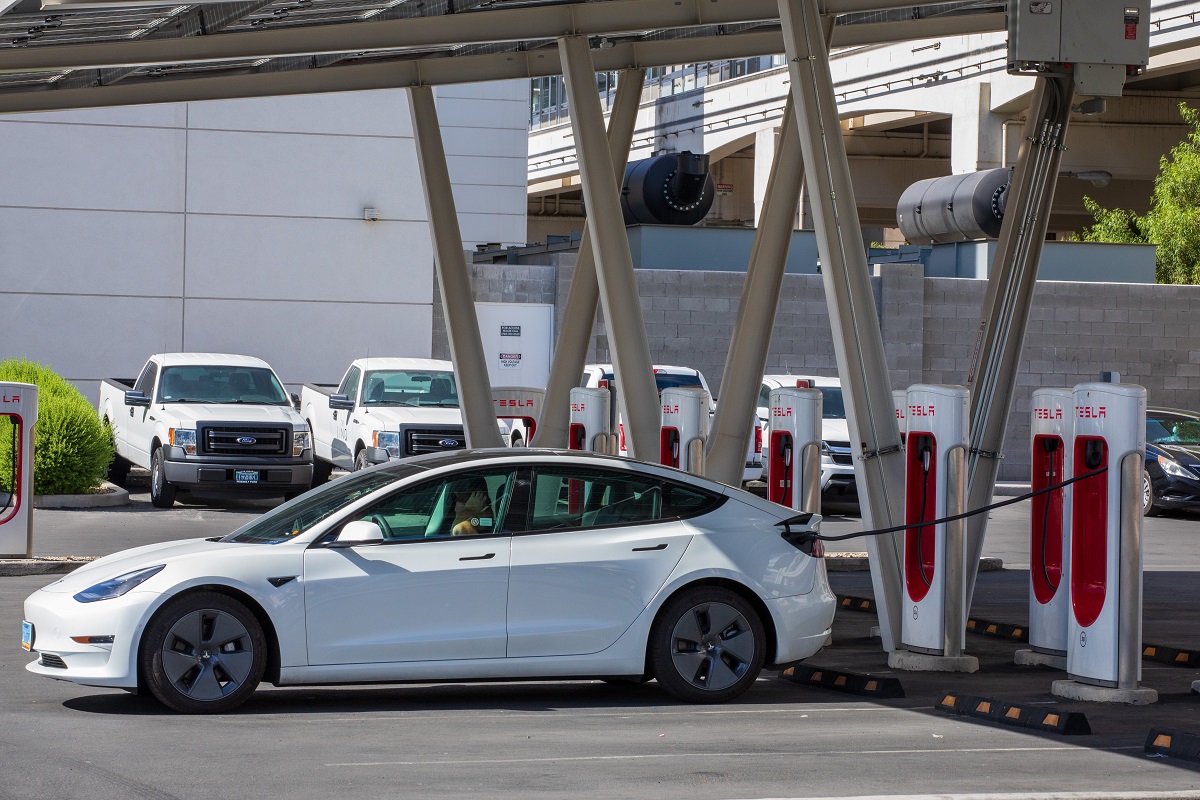
Image Credit: Shutterstock / Rexjaymes
Hybrids still rely partly on fossil fuels, and the electricity used to charge their batteries often comes from non-renewable sources like coal. This dependency reduces the overall environmental advantage of hybrids, especially in regions where green energy infrastructure is lacking.
5. Higher Maintenance Costs

Image Credit: Shutterstock / Rawpixel.com
Hybrid vehicles are often more complex mechanically, which can lead to higher maintenance costs over time. The need for specialized parts and skilled labor increases the overall cost of ownership and can negate savings from reduced fuel consumption.
6. Economic Impact of Rare Earth Metals
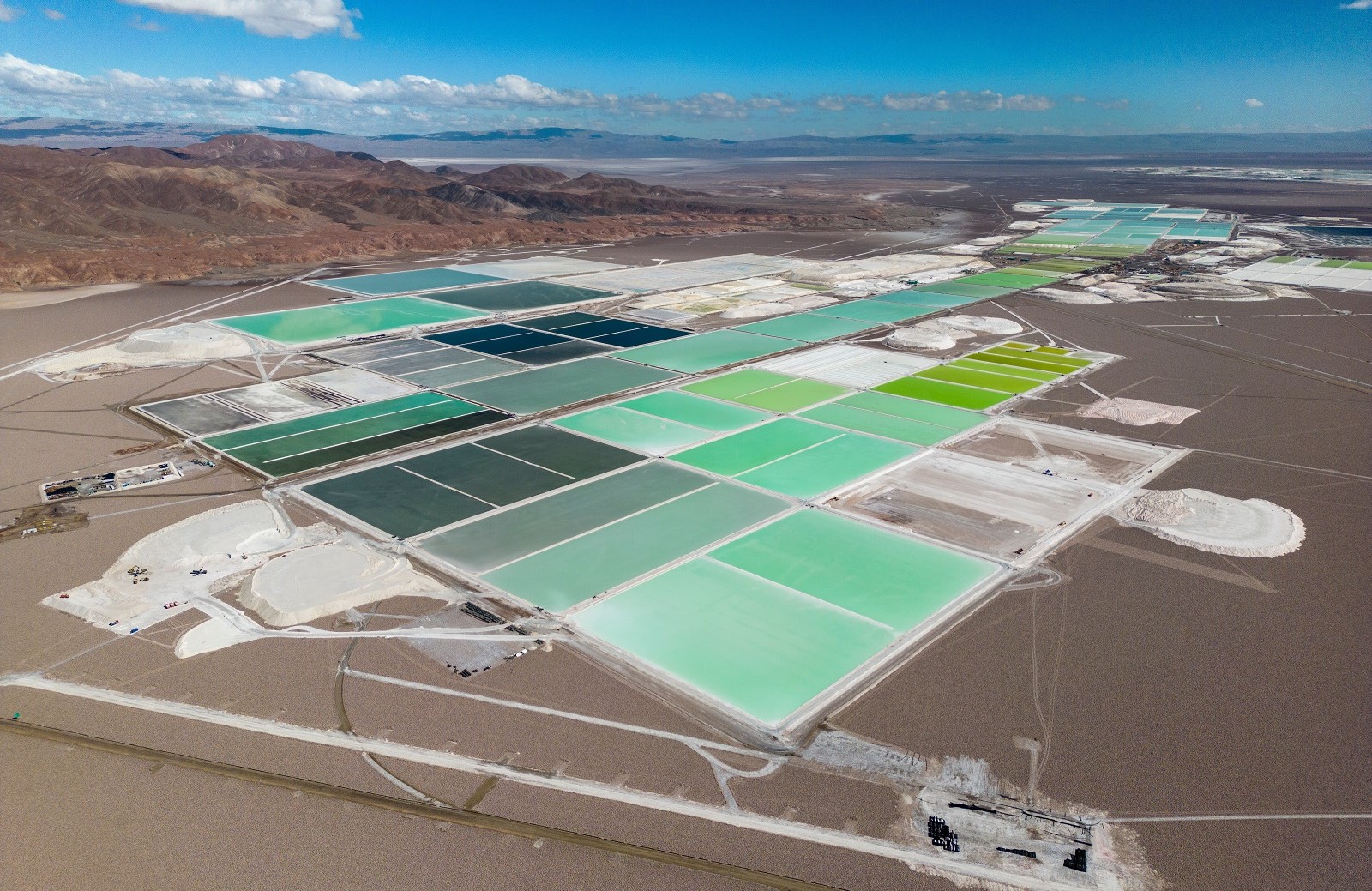
Image Credit: Shutterstock / Freedom_wanted
The demand for rare earth metals used in hybrid batteries and motors contributes to geopolitical tensions and economic instability in mining regions. This reliance on scarce resources raises ethical and sustainability concerns that are often overlooked in the green marketing narrative.
7. Urban Mining Problems

Image Credit: Shutterstock / Gorodenkoff
The recycling of hybrid car batteries, also known as “urban mining,” poses significant challenges. The processes involved are hazardous and not yet fully developed, leading to inefficient recovery of materials and additional environmental harm.
8. False Sense of Eco-Friendliness

Image Credit: Shutterstock / Owlie Productions
Hybrid cars can create a false sense of eco-friendliness, leading owners to overlook other impactful lifestyle changes. Believing that driving a hybrid is a panacea for environmental issues can distract from the broader need for sustainable living practices.
9. Limited Battery Life
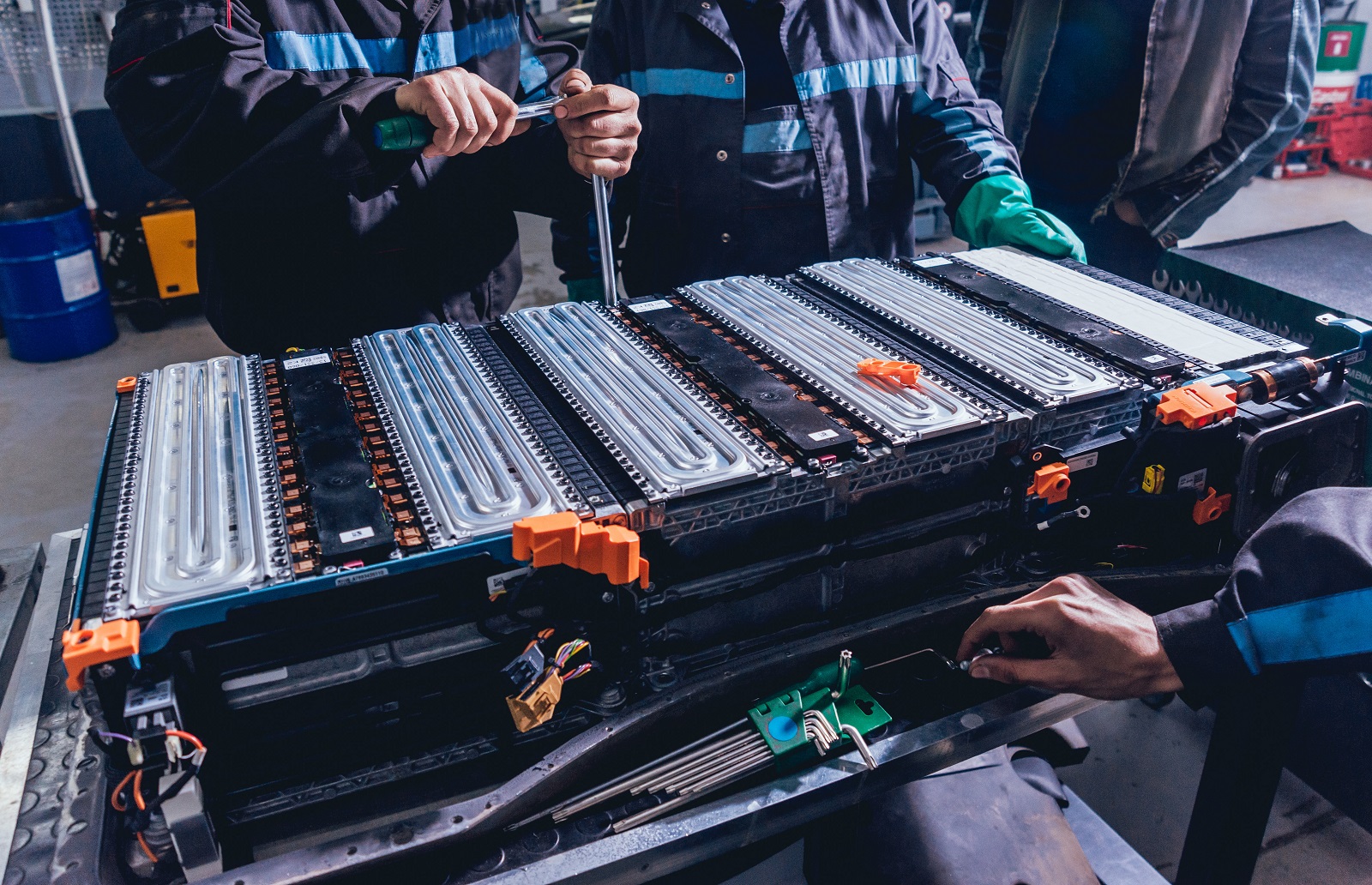
Image Credit: Shutterstock / Roman Zaiets
The lifespan of hybrid car batteries is limited, typically lasting between 8 to 10 years. Replacement costs are high, and the environmental impact of producing and disposing of these batteries undermines their supposed green credentials.
10. Increased Energy Consumption in Cold Climates
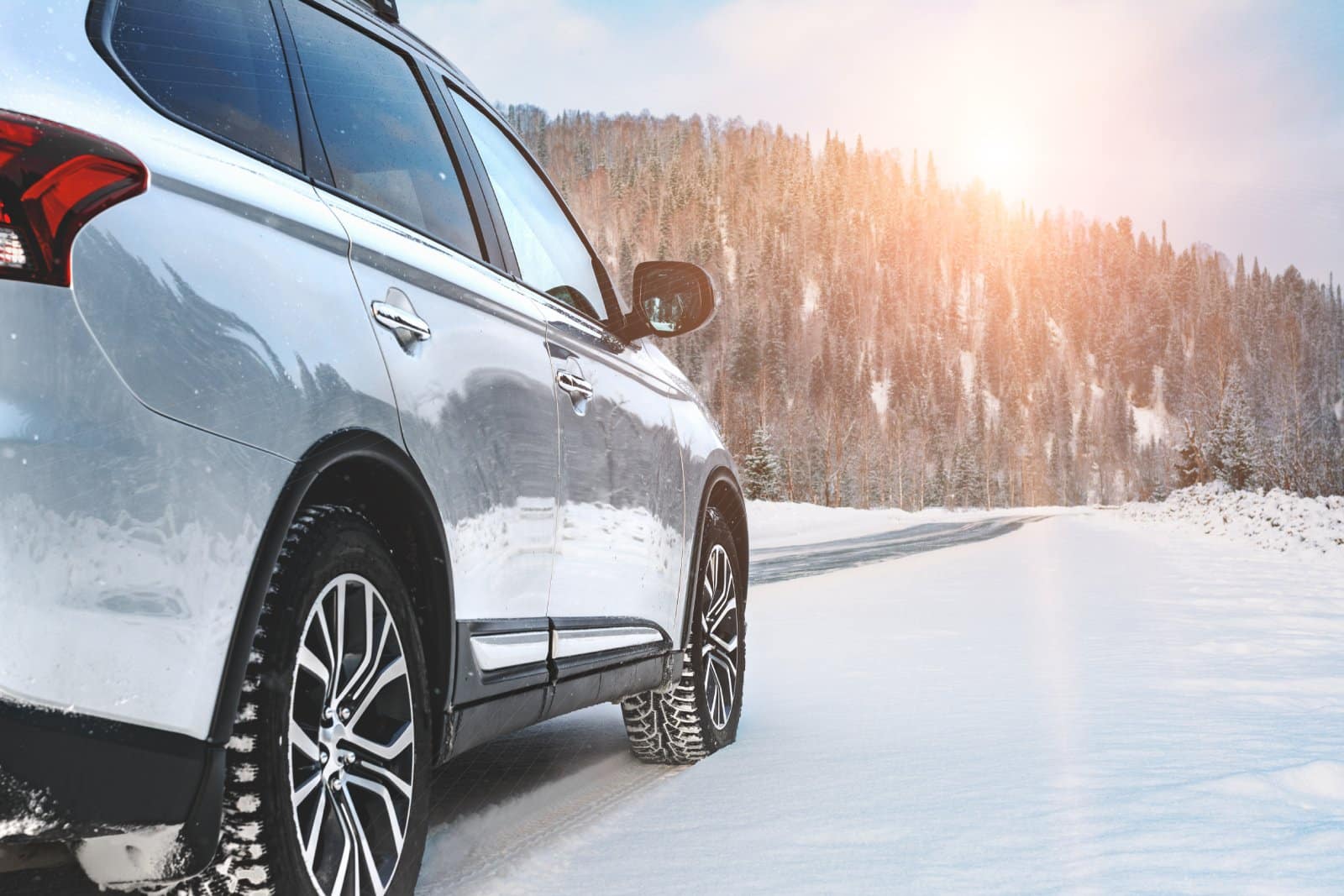
Image Credit: Shutterstock / Galina_Lya
Hybrid cars are less efficient in cold climates, where batteries lose charge more quickly and the internal combustion engine has to compensate. This increased energy consumption can negate the fuel savings and lead to higher emissions over the vehicle’s lifetime.
11. Limited Range and Performance

Image Credit: Shutterstock / Hazal Ak
Hybrids often suffer from limited electric-only range and reduced performance compared to fully electric or traditional gasoline vehicles. This can make them less practical for long-distance driving or performance-oriented uses, diminishing their overall appeal and efficiency.
12. Higher Purchase Price

Image Credit: Shutterstock / Korawat photo shoot
Hybrid cars generally come with a higher upfront cost compared to their conventional counterparts. This price premium can be a barrier for many consumers and may not be offset by the fuel savings over the vehicle’s lifespan.
13. Resale Value Uncertainty

Image Credit: Shutterstock / Crime Art
The resale value of hybrid cars can be unpredictable, largely due to concerns about battery life and the rapid advancement of automotive technology. This uncertainty can lead to a higher depreciation rate, affecting the overall cost of ownership.
14. Government Incentive Dependency

Image Credit: Shutterstock / Africa Studio
Many of the financial benefits of owning a hybrid car are tied to government incentives, which are subject to change. If these incentives are reduced or eliminated, the cost-effectiveness of hybrids diminishes significantly.
15. Charging Infrastructure Limitations
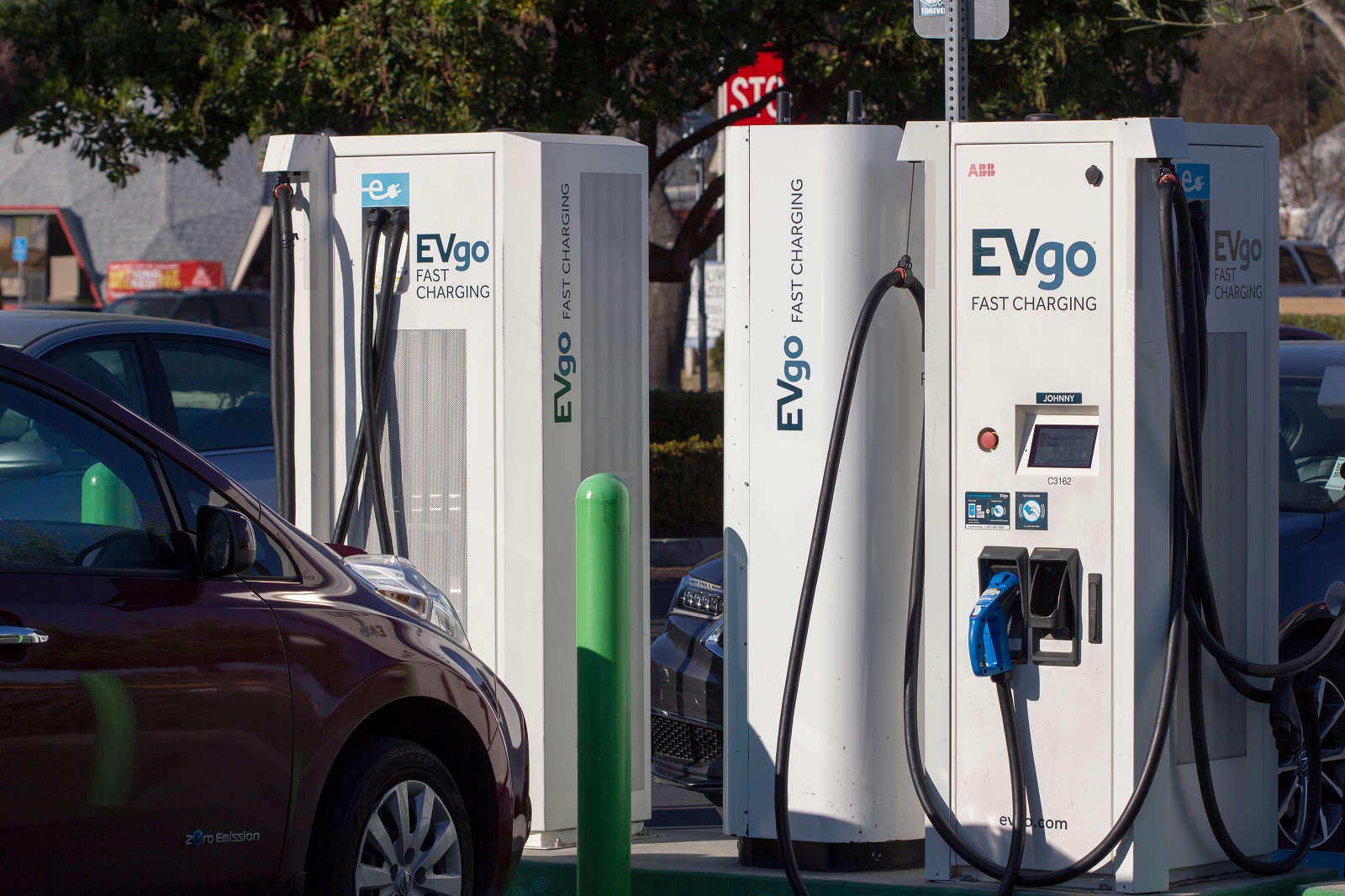
Image Credit: Shutterstock / Tada Images
Although hybrids can run on gasoline, the lack of adequate charging infrastructure for their electric components can be a drawback, particularly in rural or less developed areas. This limitation can restrict the usability and convenience of hybrid vehicles.
16. Weight and Efficiency Trade-Offs
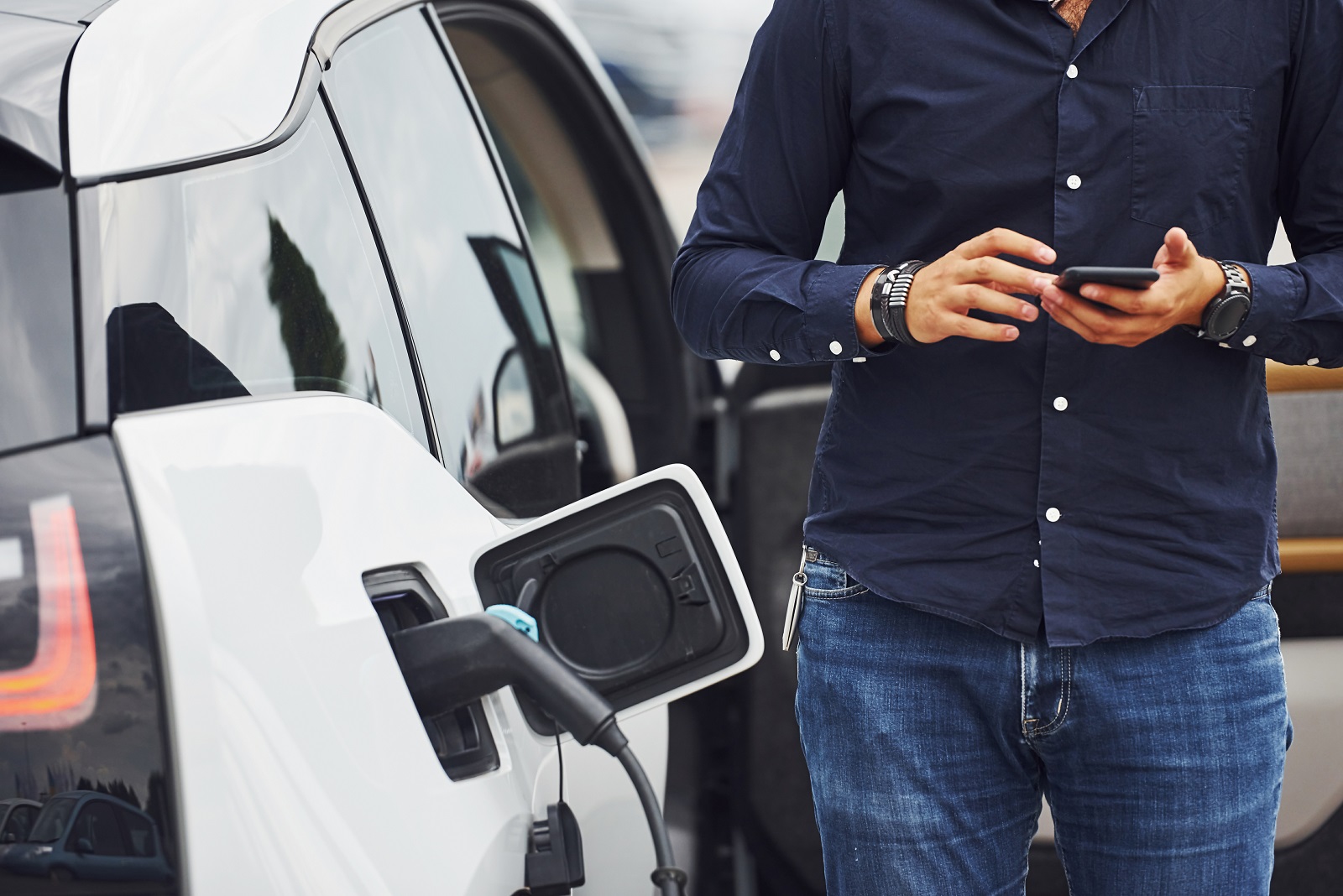
Image Credit: Shutterstock / Standret
The additional components required for hybrid technology, such as batteries and electric motors, add significant weight to the vehicle. This extra weight can negatively impact fuel efficiency and handling, counteracting some of the environmental benefits.
17. Complexity and Reliability Issues

Image Credit: Shutterstock / Chadchai Krisadapong
The complexity of hybrid systems, which combine internal combustion engines with electric motors, can lead to reliability issues. More components mean more potential points of failure, resulting in higher repair costs and downtime.
18. Questionable Fuel Economy Gains
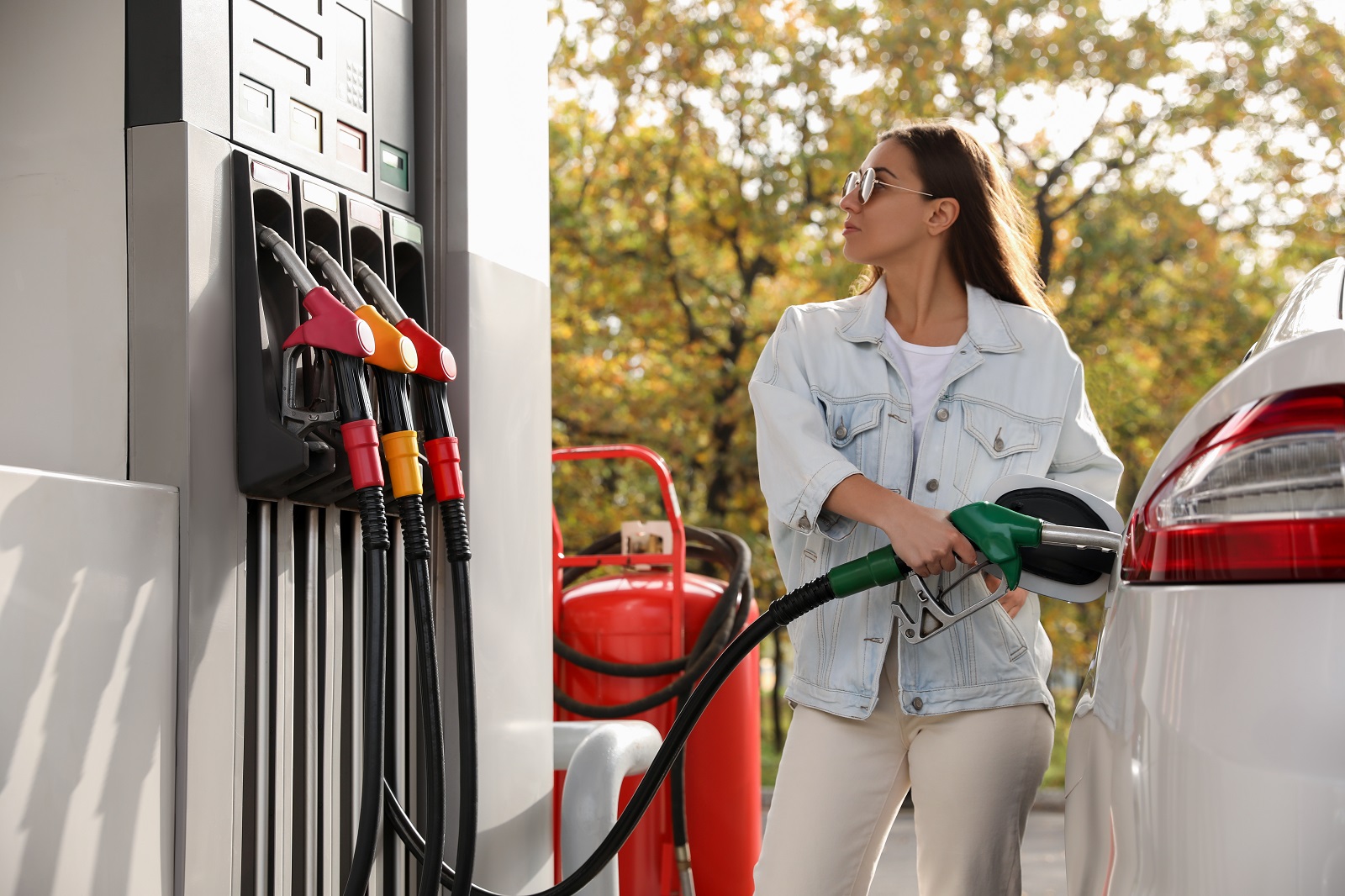
Image Credit:Shutterstock / New Africa
Real-world fuel economy for hybrids often falls short of manufacturer claims. Factors such as driving habits, terrain, and climate can significantly impact the actual efficiency of hybrid vehicles, leading to disappointment for many owners.
19. Noise Pollution Reduction is Limited
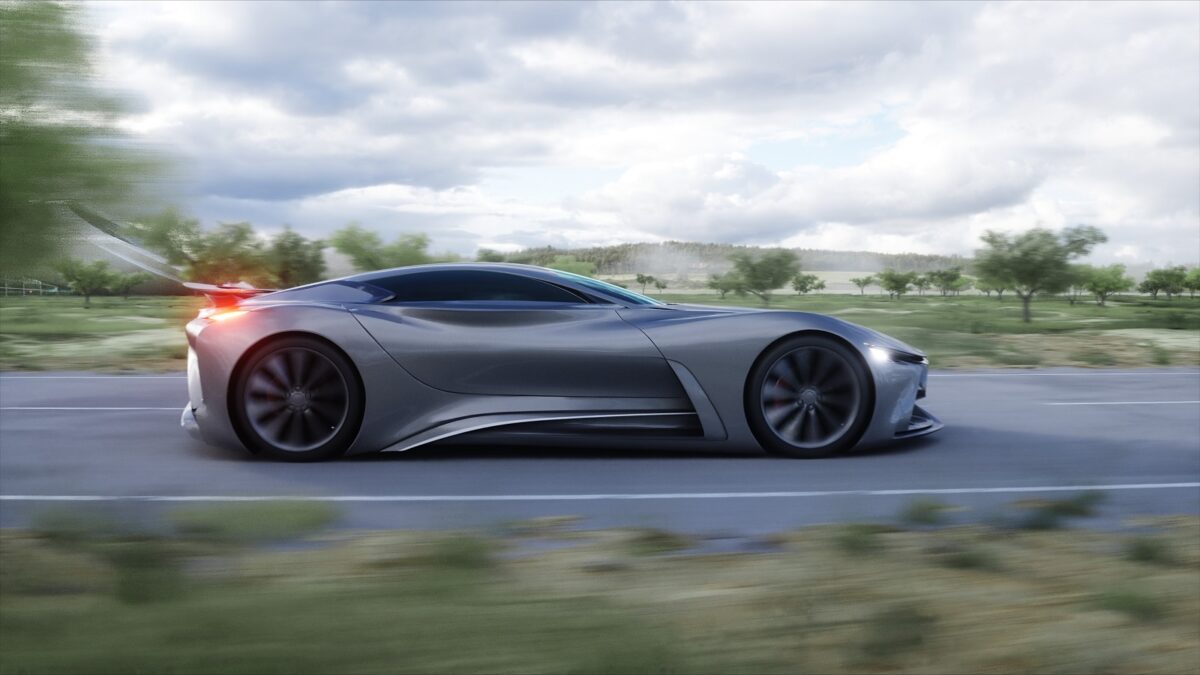
Image Credit: Shutterstock / Pavel Chagochkin
While hybrids can operate quietly in electric mode, the noise reduction benefits are limited by their reliance on internal combustion engines. In urban environments, where noise pollution is a concern, this partial benefit may not be as significant as expected.
20. Consumer Misconceptions

Image Credit: Shutterstock / ViDI Studio
Many consumers believe that simply switching to a hybrid vehicle will solve their environmental impact, leading to complacency in other areas of their lives. This misconception can reduce the overall effectiveness of efforts to live more sustainably.
21. Potential for Regulatory Changes
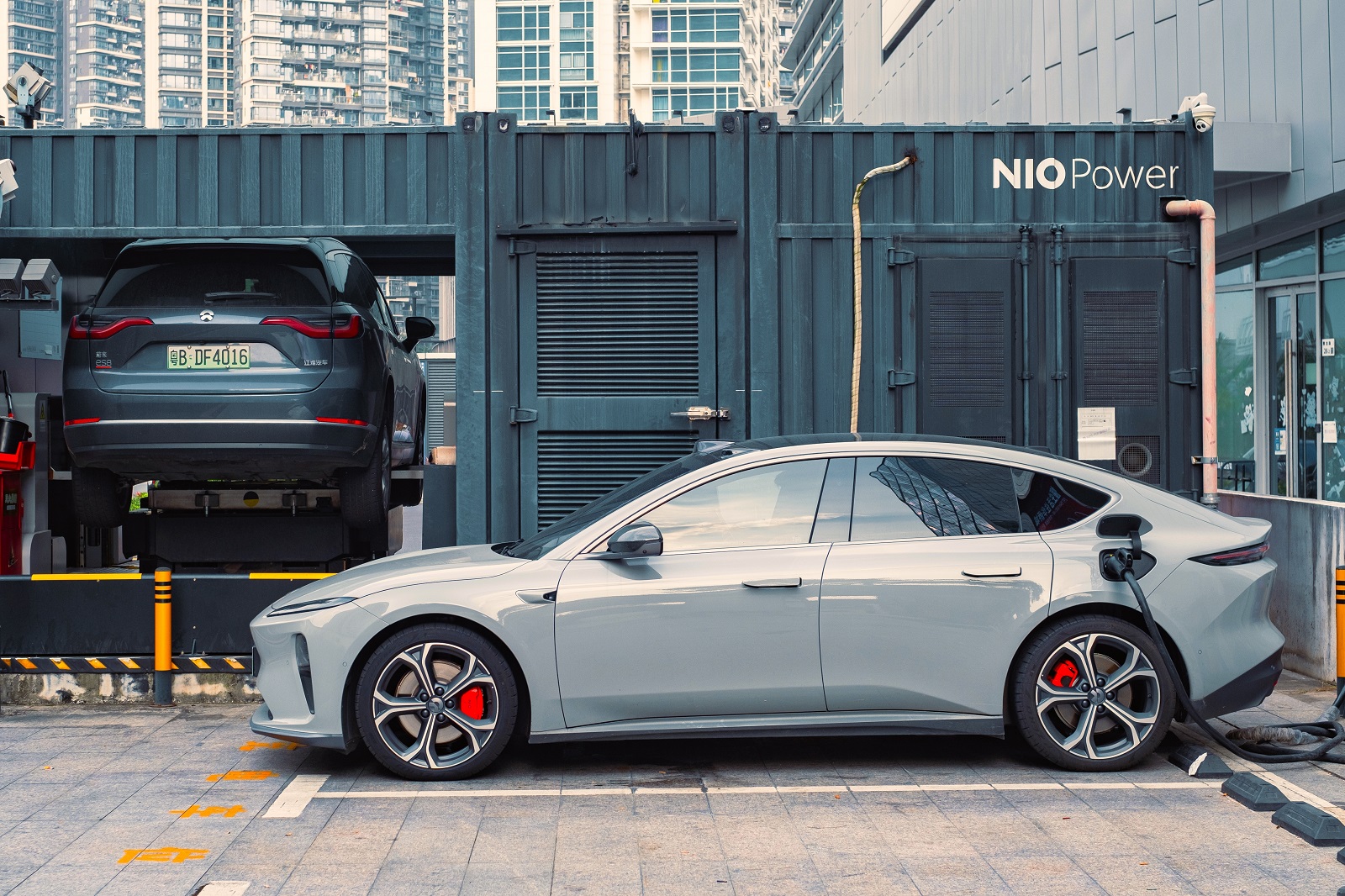
Image Credit: Shutterstock / Andrei Iakhniuk
Future regulatory changes regarding emissions and energy use could impact the viability and attractiveness of hybrid vehicles. As governments around the world push for stricter environmental standards, hybrids may face new challenges and increased scrutiny.
Think Before You Buy

Image Credit: Shutterstock / Prostock-studio
The myth of hybrid cars being the ultimate eco-friendly solution is just that—a myth. While they offer some benefits, the hidden environmental and economic costs are substantial. Don’t be swayed by the green marketing; dig deeper and think critically about what hybrid cars really offer.
2024’s Most Anticipated Car Releases: What’s Coming Soon

Image Credit: Shutterstock / canadianPhotographer56
If you love cars, 2024 is shaping up to be an exciting year. New models are rolling out with more power, better tech, and some fresh designs that could change the game. Here’s the scoop on the top cars hitting the streets soon. 2024’s Most Anticipated Car Releases: What’s Coming Soon
21 Mods That Make Your Car Illegal

Image Credit: Shutterstock / macondo
Car modifications can enhance style and performance, but not all modifications are legal. Here are 21 illegal car modifications that can get you in trouble with the law across various states. 21 Mods That Make Your Car Illegal
10 American Classic Cars That Define a Generation
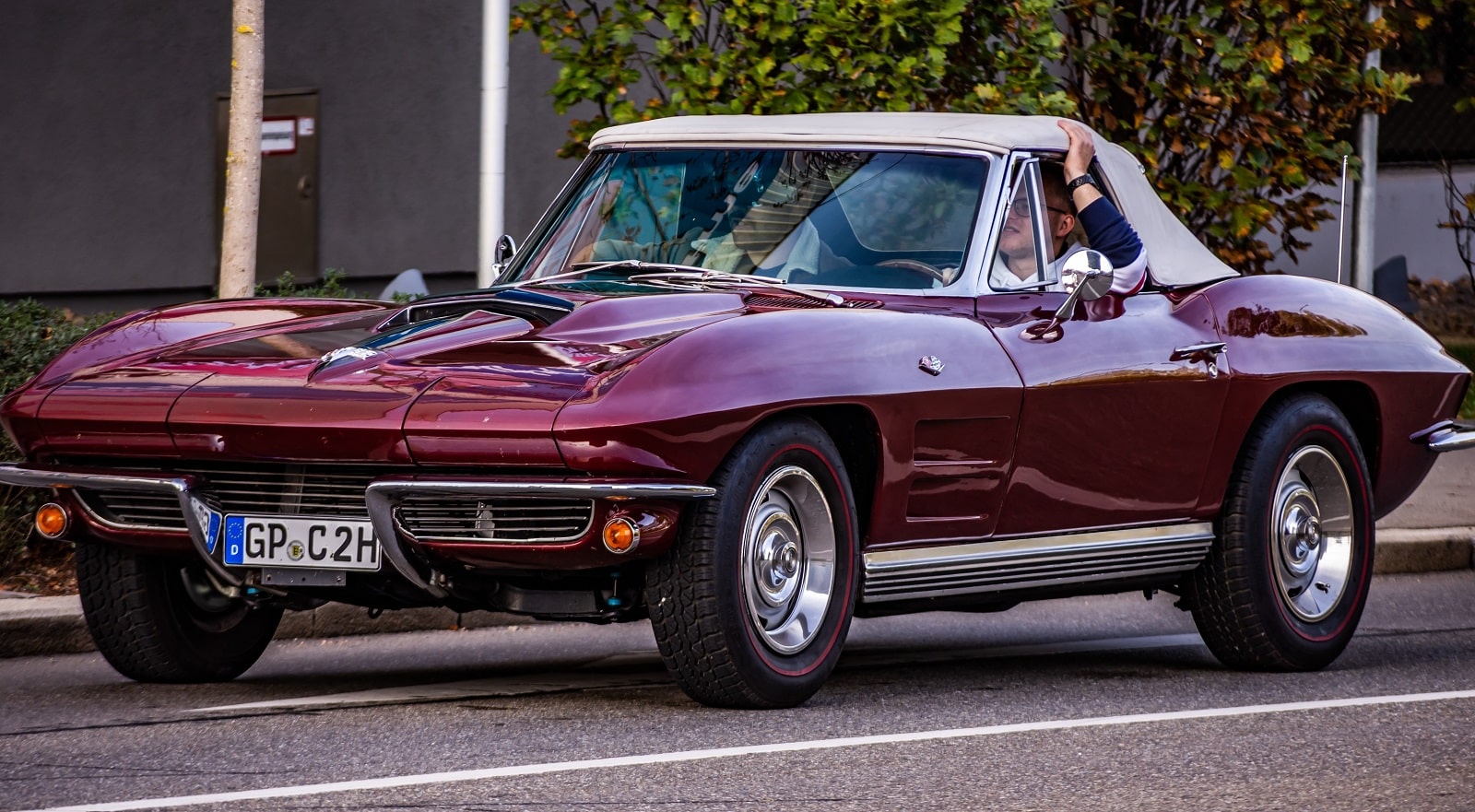
Image Credit: Shutterstock / Krisz12Photo
American classic cars are symbols of their eras, each telling a story of its time and capturing the essence of car culture. Here are ten classics that defined generations. 10 American Classic Cars That Define a Generation
Featured Image Credit: Shutterstock / Estrada Anton.
For transparency, this content was partly developed with AI assistance and carefully curated by an experienced editor to be informative and ensure accuracy.
